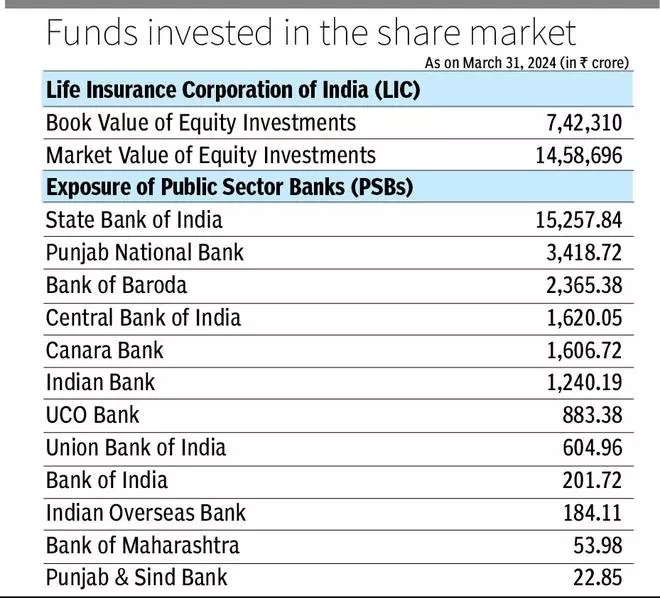The Securities and Exchange Board of India (SEBI) has adequate internal mechanisms for addressing issues related to conflicts of interest, the Finance Ministry informed the Rajya Sabha on Tuesday. The Ministry also stated that movements in the stock market are subject to various factors, including geopolitical situations.
The Ministry’s clarification comes at a time when SEBI Chairperson Madhabi Puri Buch is facing allegations of impropriety and conflicts of interest following the Hindenburg Research report. Buch has denied the allegations, but this is the first time the Finance Ministry has made a public comment on the issue.
The internal mechanisms include a disclosure framework and provisions for recusal, Minister of State in the Finance Ministry Pankaj Chaudhary said in a written reply. Further, he said that the Board of SEBI has adopted a Code on Conflicts of Interest for its members, including the Chairperson, to ensure that the Board conducts itself in a manner that does not compromise its ability to accomplish its mandate or undermine public confidence in the ability of its members to discharge their responsibilities.
“Other senior officials, i.e., employees of SEBI, are governed by the SEBI (Employees’ Service) Regulations, 2001, that ensure transparency and accountability in the declaration of financial assets and address potential conflicts of interest,” he said.
Stock market movement
Meanwhile, in response to another question, Chaudhary said that since the date of the announcement of the Lok Sabha election results, both key indices – Sensex and Nifty 50 – have recorded double-digit growth.
On June 4, Sensex and Nifty 50 decreased by 5.7 per cent and 5.9 per cent, respectively. “The indices recovered within three days and have reached record levels since June 4, 2024, registering an increase of 11.3 per cent and 10.9 per cent, respectively, as of November 27, 2024,” Chaudhary said in a written reply.

He also highlighted that the decrease in market capitalisation of companies listed on the NSE and BSE on June 4 was recovered within a period of five days, and it has increased by around ₹50 lakh crore since then, as of November 27.
“Stock market movements are a function of investor perceptions along with other factors, which may include, inter alia, global economic scenarios affecting foreign capital flows, domestic macroeconomic parameters, and overall corporate performance,” Chaudhary said.
He also mentioned that the market regulator conducts regular surveillance of trends in the securities markets to enhance market integrity and safeguard the interests of investors.
Though SEBI has received representations on the stock market movements, no specific information on any unfair trading has been provided, he clarified.




Comments
Comments have to be in English, and in full sentences. They cannot be abusive or personal. Please abide by our community guidelines for posting your comments.
We have migrated to a new commenting platform. If you are already a registered user of TheHindu Businessline and logged in, you may continue to engage with our articles. If you do not have an account please register and login to post comments. Users can access their older comments by logging into their accounts on Vuukle.